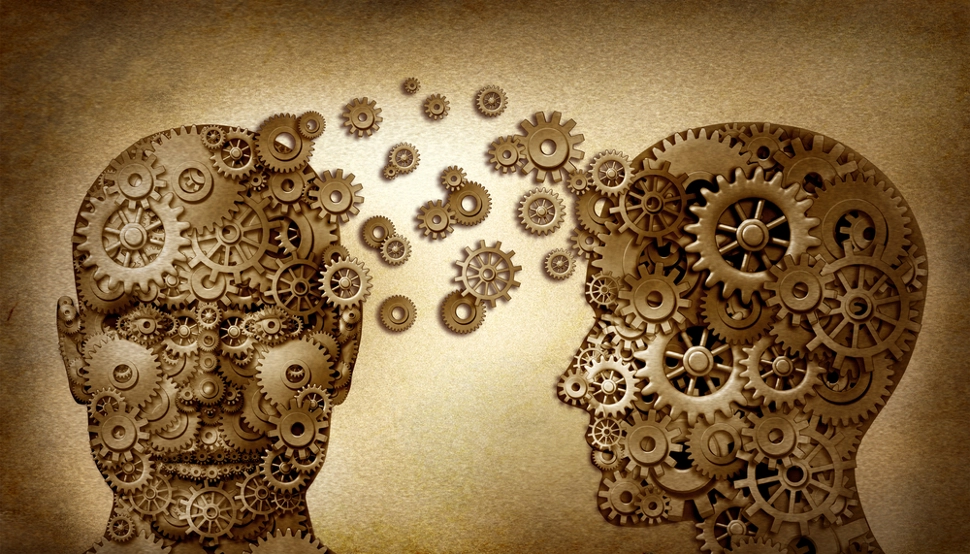Collaborative Remembering Between Couples
Intimate couples developed a memory system where they rely on each other on remembering things.

On the face of it, it seems obvious that we should work with other people when trying to recall shared information. But research shows this isn’t always the case; individual recall tends to be more efficient compared to social remembering. But as an updated study by Celia Harris and her colleagues shows, there are some cases when shared remembering can be effective.
For their study, the researchers looked at the various ways intimate couples collaborated on simple memory tasks, as well as their conversations about shared past experiences. They also asked them about their everyday memory compensation strategies to learn about the complex ways they coordinate their material and interpersonal resources.
The British Psychological Society explains more
[In a previous study], the researchers noticed that although couples did more poorly at listing their shared holidays when recalling together, these social sessions were filled with anecdotes and tangents that weren’t generated in the solo sessions. This inspired them to depart from testing memory for lists of words and events, and to explore the amount of rich, in-depth information remembered by couples about experienced events. They found these social exchanges led to clear collaborative memory benefits, which could take three forms:
1. New information such as finally snatching an elusive name of a musical thanks to a chain of prompts between the two parties.
2. Richer, more vivid descriptions of events including sensory information.
3. Information from one partner painting things in a new light for the other.
Differences between the couples were crucial. Those who structured their approach together and were more prepared to riff off the other contributions did better than those who were more passive or critical. Richer events were also better remembered by partners who rated their intimacy as higher.
Interestingly, older adults experienced the greatest memory difficulties with first-hand autobiographical information — and this is exactly where long-term couples gained the biggest benefit from remembering together. So, as we grow older, we offset our unreliable episodic systems by drawing on the support offered by a partner — a shared resource.
By George Dvorsky, PSYCHOLOGY
Last Updated on 8 months by Erotica Pleasure

